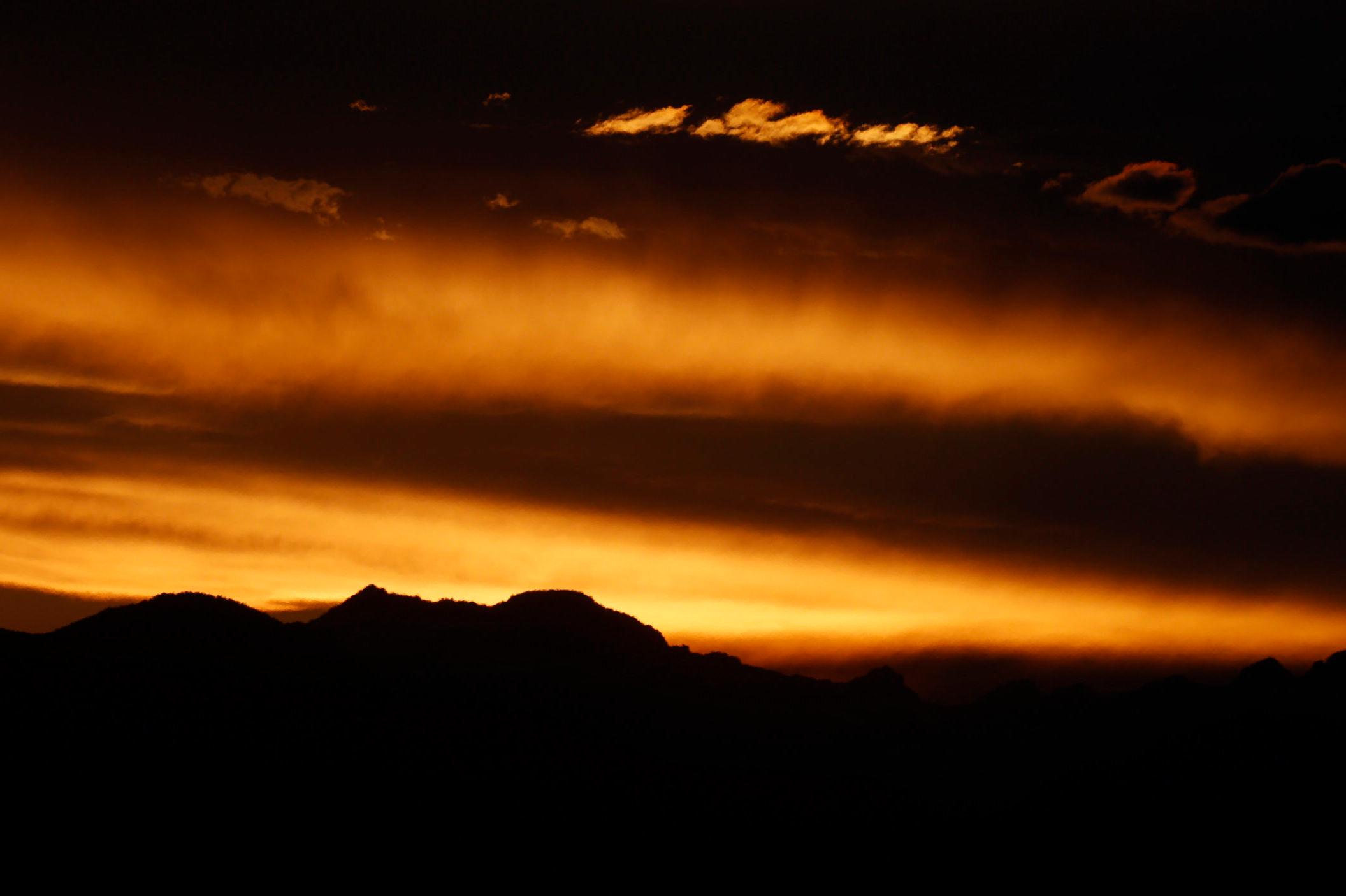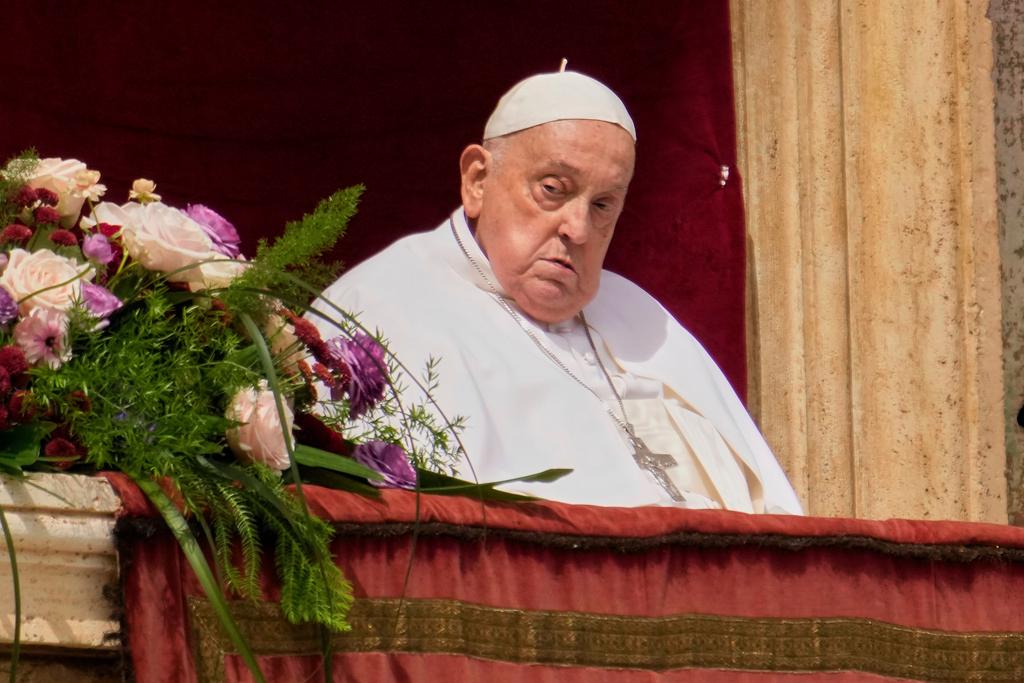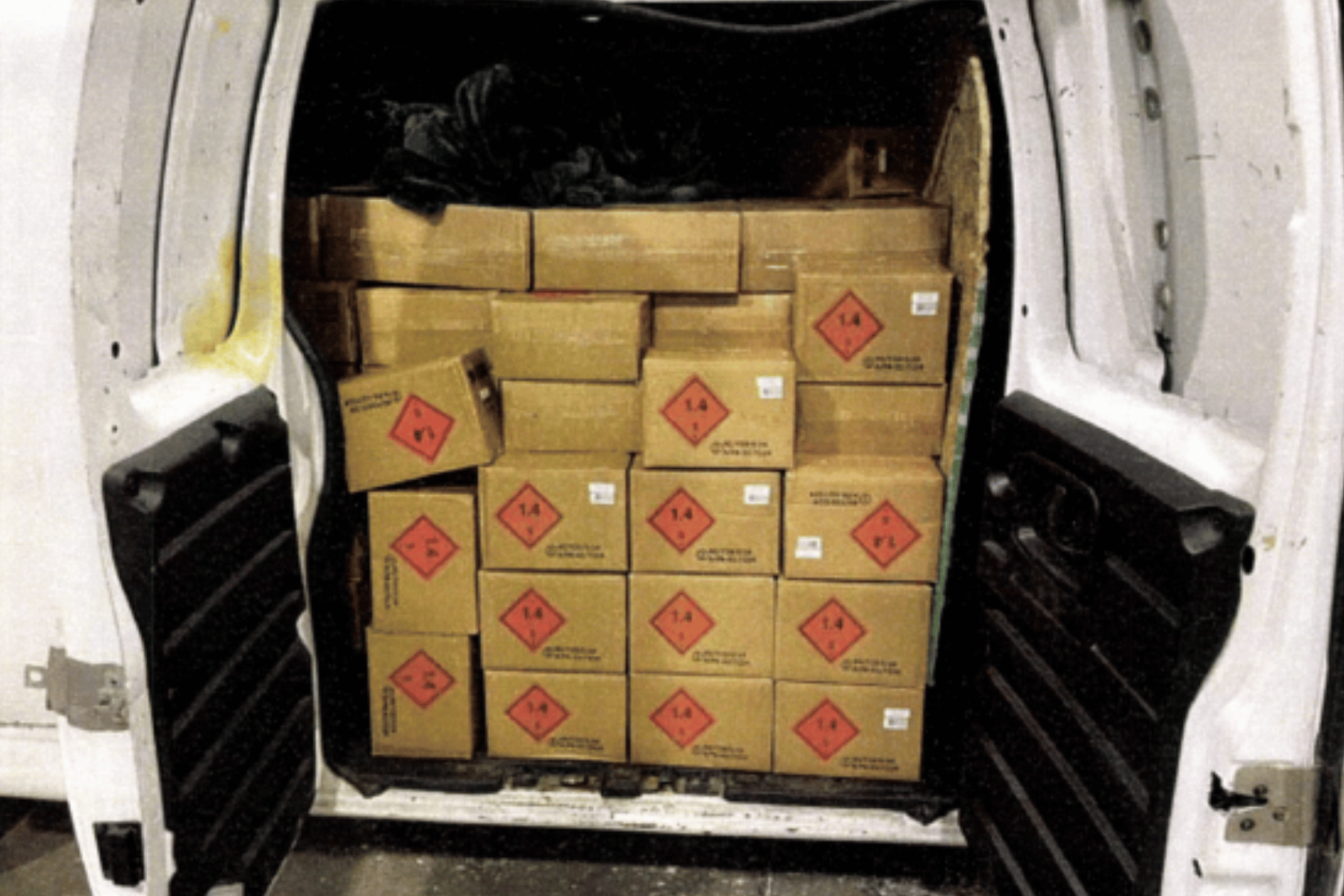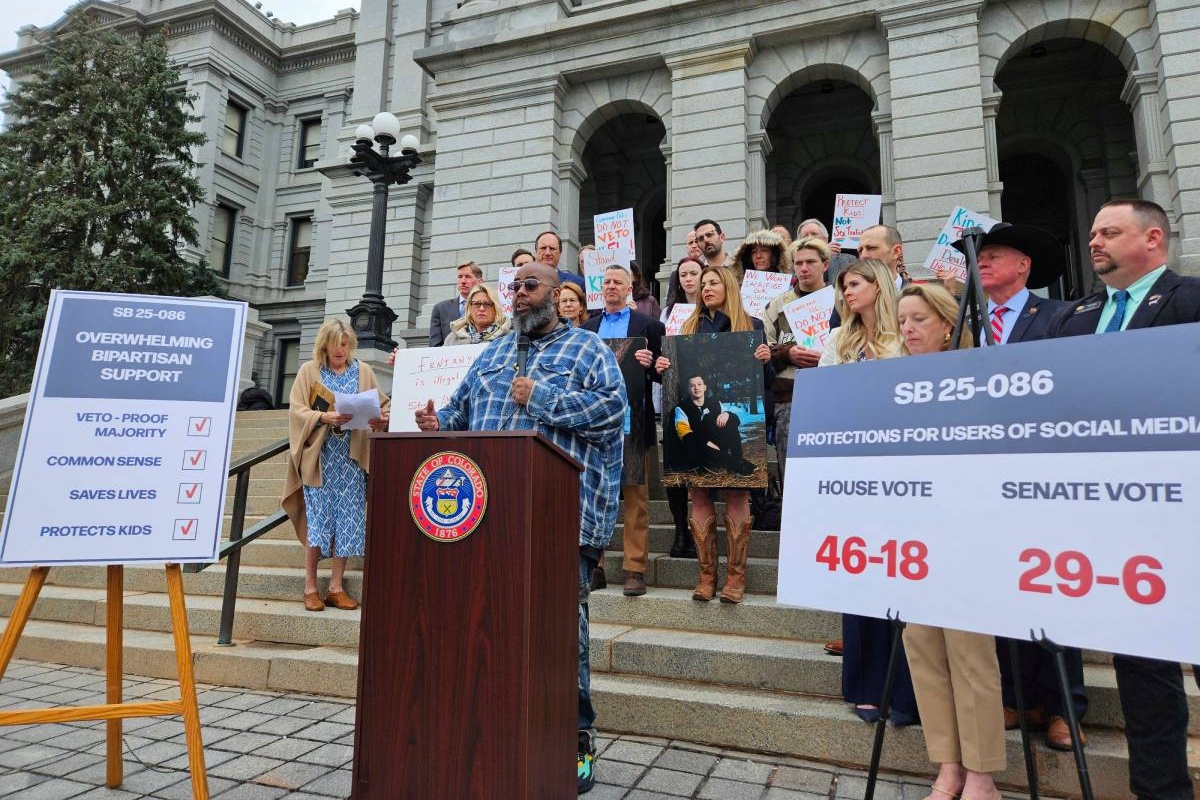
Update Sept. 11, 2020: Guess what? Colorado didn't get the record — it tied it! Our original story continues below.
If you asked assistant state climatologist Becky Bolinger a few weeks ago if the Front Range would see snow this September, she would have explained just how unlikely that was.
"It's truly something that I've never seen," Bolinger said of the upcoming roller coaster forecast — a winter storm watch with the possibility of widespread snow, just 24 hours after the state hit highs in the 90s.
It's been 20 years since it's snowed in September for much of the Front Range. The earliest snow on record for Denver is Sept. 3, 1961.
If it snows in Fort Collins, it'll be the earliest on record for the city.
Bolinger said a question right now is how much will stick with how warm the ground will still be.
"It's an incredibly notable event, and one I've been watching with incredible fascination over the last week as its unfolded," Bolinger said. But there's one thing that's making her sad — the possible loss of her tomatoes.
It reached 101 degrees on Saturday over Labor Day weekend in Denver, making it the latest 100-degree day on record and set a new monthly record high.
As of Sept. 6, 72 days in Denver this year have gone over 90 degrees. The all-time record is 73 set in 2012, according to the National Weather Service.
Bolinger said that this heat is becoming the new normal for Colorado with climate change. She said researchers are studying how that change might play a role in these dramatic temperature shifts.
The national record for the shortest gap between a 100-degree day and measurable snow is five days set in Rapid City, South Dakota, in 2000. That's according to Brian Brettschneider, a climatologist based in Alaska. He looked at records kept at major weather stations only.
If it snows in Denver on Tuesday, Colorado would beat out South Dakota for this record.
"That would be unprecedented really anywhere in the United States," said Brettschneider.
He said there are a number of cases where it can be 80 degrees one day and it can snow the next. But Denver's forecast caught his eye when he saw highs above 90.
"Once you start ticking that temperature up, and you're talking about it in the 90s and snowing shortly thereafter, then the number of instances drops dramatically," Brettschneider said.
If it snows Tuesday, "Denver could be added to that very small list of places where that's occurred."
Big temperature swings in Colorado aren't uncommon, but they are for September. The moisture and cool temps could help dampen wildfires still burning around the state, like the Cameron Peak fire north of Rocky Mountain National Park that continues to grow in the unrelenting heat and drought.
The National Weather Service warns there's a chance for a hard freeze across northeast Colorado. They warn that the abrupt change in temperature "will have a significant impact on outdoor animals," and suggest that ranchers provide protection for their cattle before the storm arrives.









